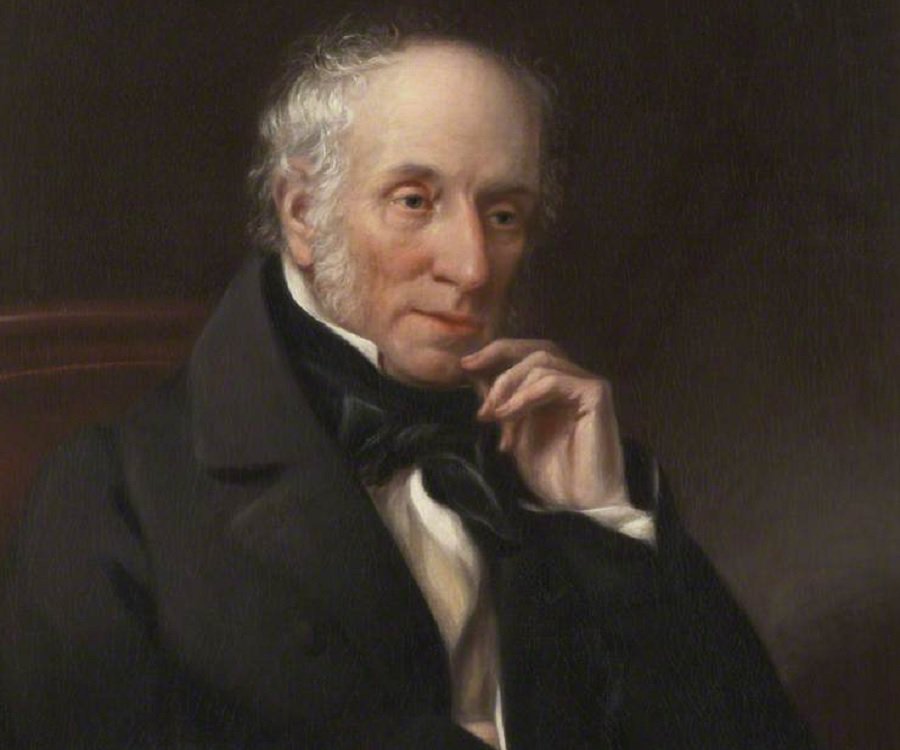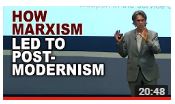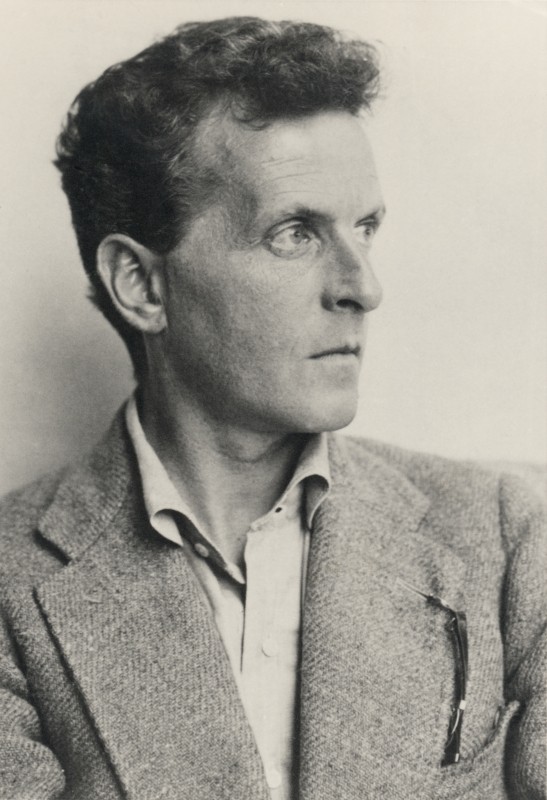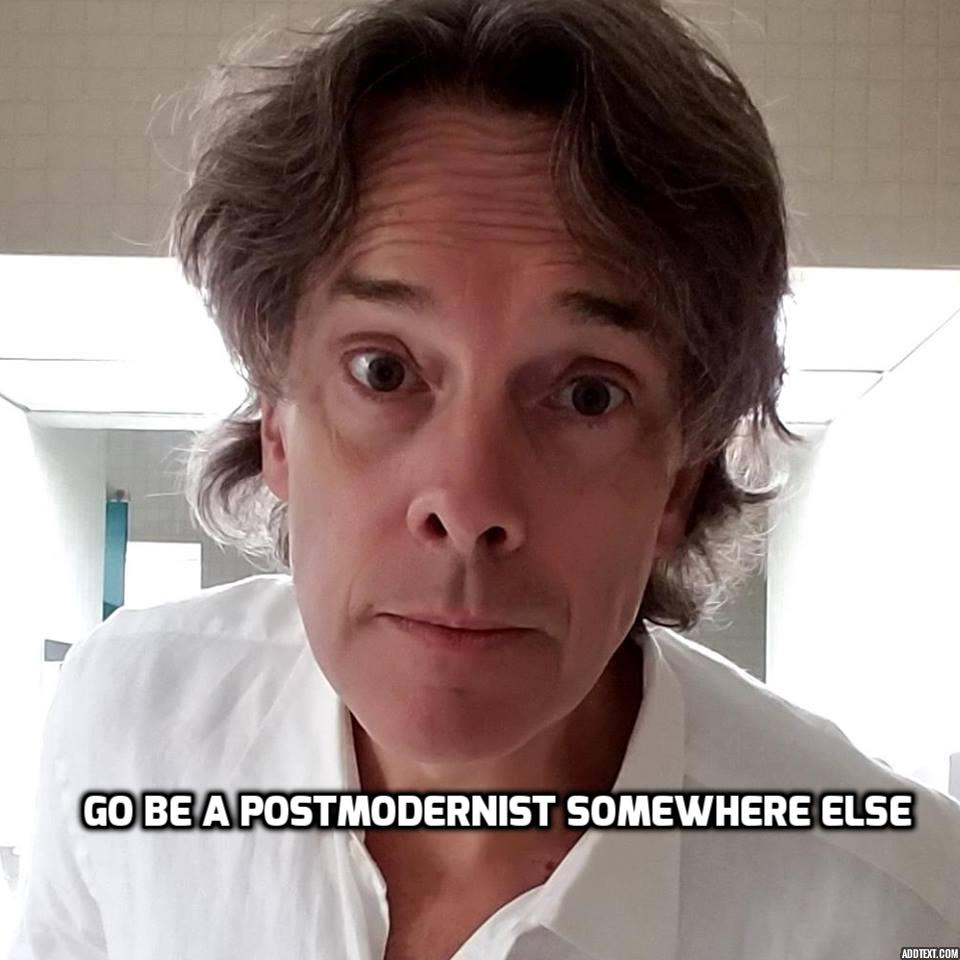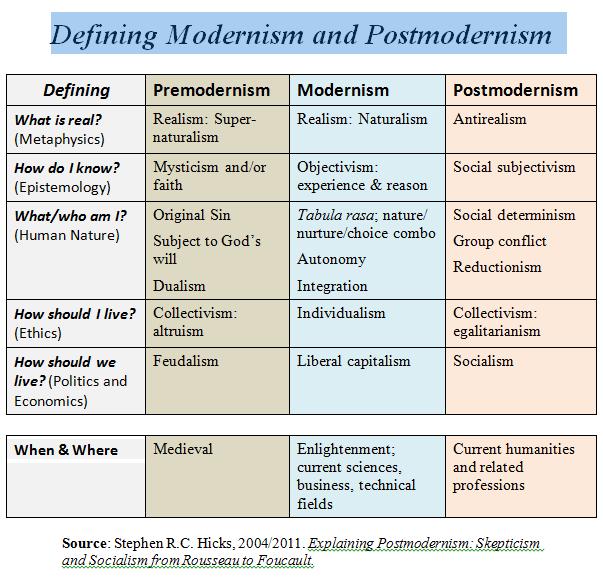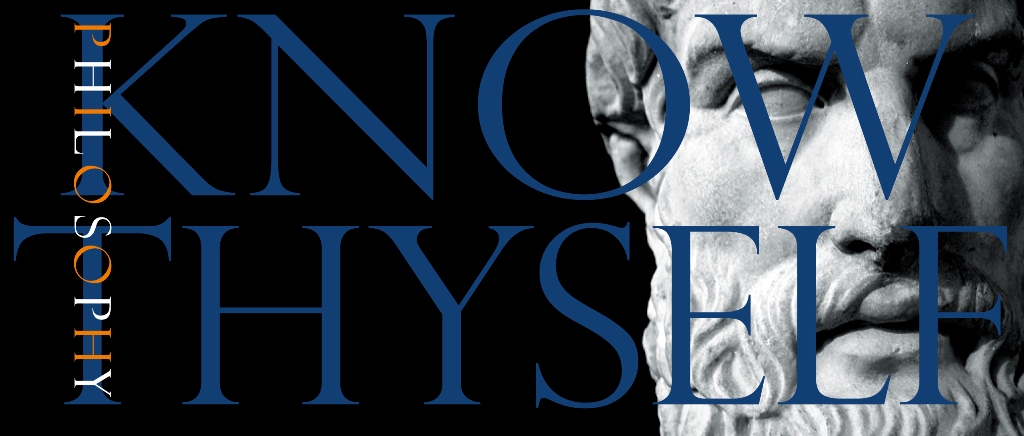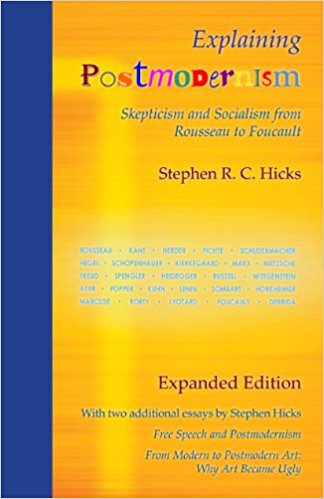William Wordsworth in Explaining Postmodernism
The poet William Wordsworth said: “Our meddling intellect Mis-shapes the beauteous forms of things; –We murder to dissect.” For more on the meaning and implications of Wordsworth’s claim, see p. 68 of my Explaining Postmodernism: Skepticism from Rousseau to Foucault. Information about other editions and translations is available at this dedicated page.
William Wordsworth in Explaining Postmodernism Read More »
